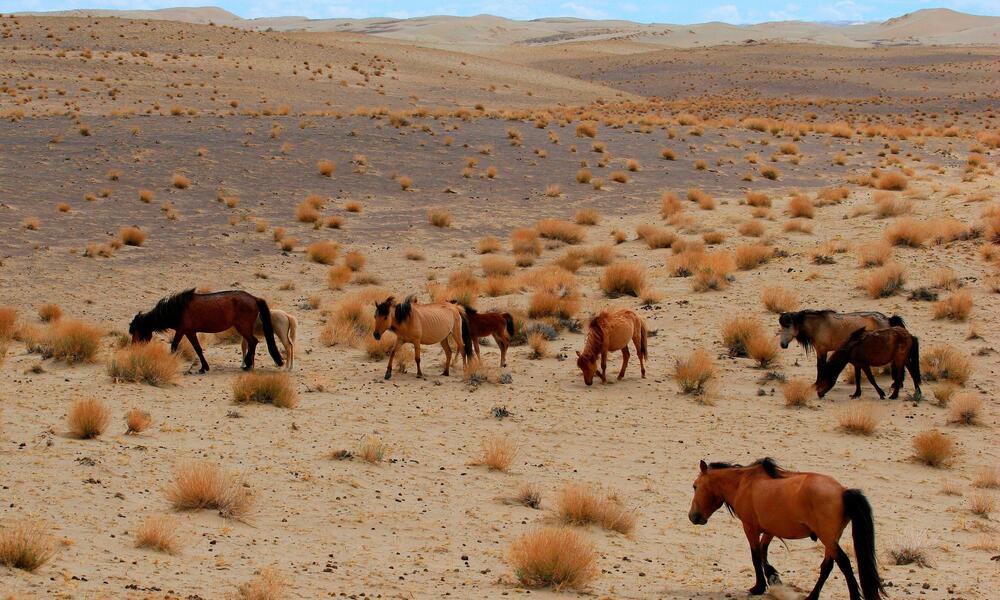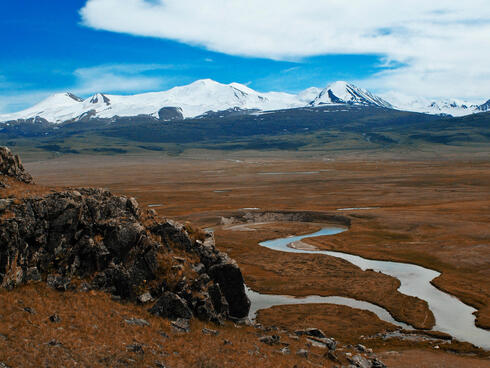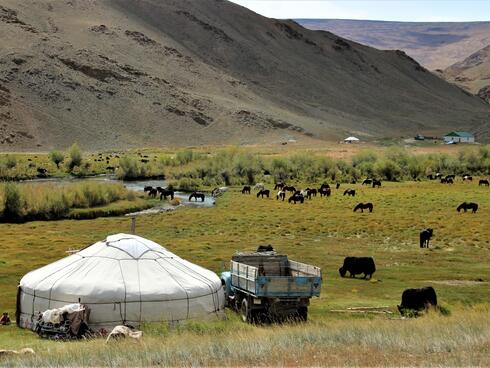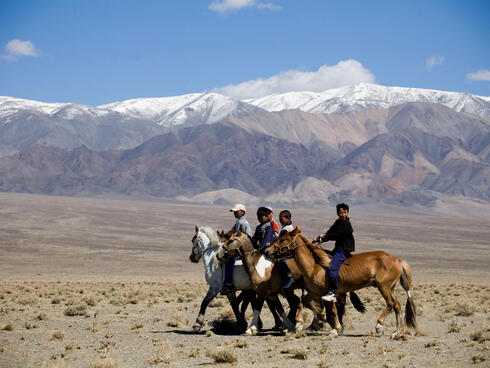Promoting Dryland Sustainable Landscapes and Biodiversity Conservation in the Eastern Steppe of Mongolia
Forest degradation and deforestation caused by climate change and over-exploitation has become one of the pressing issues of the Mongolian forestry sector. The main drivers of forest loss and degradation in Mongolia are forest fires, pests, selective logging and clear felling, and grazing. Mongolia’s barriers in implementing sustainable land management practices include: inadequate conditions for dryland governance; unregulated and overuse of natural resources; lack of cross-sectoral coordinated efforts for integrated planning and monitoring at the national and local levels; inadequate capacities and incentives at local level for managing drylands sustainably; limited management and monitoring capacity in local governments for protected areas; limited regional cooperation and knowledge exchange for addressing dryland management challenges’; and a lack of systematic knowledge sharing in sustainable dryland management and biodiversity conservation within and between provinces (aimags) and counties (soums).
The child project of the Sustainable Forest Management Impact Program on Drylands aims to reverse and prevent dryland ecosystem degradation and biodiversity loss through an inclusive, integrated landscape and value chain approach securing multiple environment benefits and sustainable, resilient livelihoods in the Eastern Steppe of Mongolia.
Country: Mongolia
Focal area: Biodiversity, Land Degradation
Project status: Implementation
GEF Project ID: 10249
Program: Drylands Sustainable Landscapes #10206
Implementing Agencies: WWF-US, FAO
Executing Agency: Ministry of Environment and Tourism (MOET)
GEF Project grant: US $5,354,586
GEF Agency Fee: US $247,707 (WWF-US) US $240,957 (FAO)
Co-financing total: US $50,945,000
Child Project Concept Documents:
CEO Endorsement Documents
Environmental and Social Safeguards Documents



